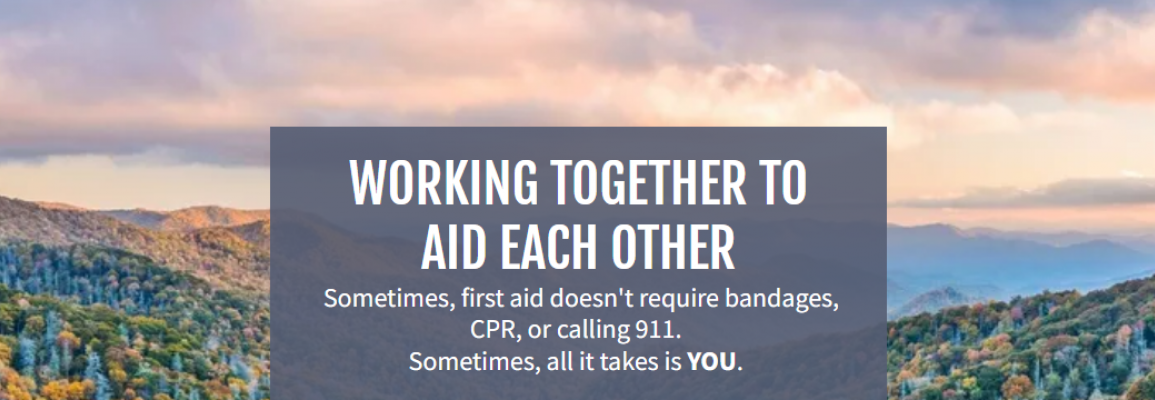Mental Health First Aid is an international, evidence-based training that teaches participants how to recognize the signs and symptoms of a mental health crisis and help someone who may be experiencing one. Grounded in messages of hope and recovery, this program helps break down the misinformation surrounding mental health. It helps trainees understand how they can play a role in the “first response” to mental health issues. Trainees are taught how to use a five-step action plan (ALGEE) to help someone experiencing a mental health issue and connect them to the care and resources they need to recover:
Approach, assess for risk of suicide or harm, assist
Listen non-judgmentally
Give reassurance and information
Encourage appropriate professional help
Encourage self-help and other support strategies
Do you have a group or team of 5+ and want to obtain certification together? Complete this form to schedule a training for you and your team!
Mental Health First Aid for Adults (18+)
Mental Health First Aid is a skills-based training that teaches people how to identify, understand, and respond to signs and symptoms of a mental health or substance use challenge in adults ages 18 and over. The evidence behind the program demonstrates that it builds mental health literacy, providing an action plan that teaches people to safely and responsibly identify and address a potential mental health or substance use challenge.
Mental Health First Aid uses real-world examples in a safe and supportive learning environment to prepare participants for using the ALGEE action plan. The ALGEE action plan can be used to safely assist adult family members, neighbors, coworkers, community members, or strangers who may be experiencing a mental health challenge or crisis. Some of the mental health challenges covered are panic attacks, extreme sadness, aggressive behaviors, hallucinations, overdoses, and suicidal thoughts and behaviors.
Mental Health First Aid for Public Safety & Military
Mental Health First Aid (MHFA) for Public Safety is a community-specific version of MHFA tailored specifically to give public safety personnel key skills to help someone who is developing a mental health problem or experiencing a mental health crisis. Public safety professionals often encounter high levels of stress, trauma, and critical incidents, which can impact their mental health. This training equips them with the ability to reach out, provide initial support, and connect individuals to appropriate care when needed. It promotes open dialogue, reduces stigma, and encourages personnel to seek support when necessary.
Mental Health First Aid (MHFA) for Military, Veterans, and their Families is a valuable training program designed specifically on mental health related to military culture. The key components of this module include:
- Military Culture Discussion: Understanding the unique aspects of military culture and its relevance to mental health.
- Risk Factors: Identifying specific risk factors faced by service members and their families, such as trauma (both mental and physical), stress, and separation.
- ALGEE Action Plan: Applying the ALGEE action plan in scenarios tailored for service members, their families, and those who support them.
- Resource Review: Familiarizing participants with common mental health resources available for service members and their families.
By equipping individuals with MHFA skills, we can break down stigma, reach out to those suffering in silence, and make mental healthcare accessible to thousands in need within the community.
Mental Health First Aid for Higher Education
Higher Education Mental Health First Aid (MHFA) courses are designed to help university students and staff respond to common mental health and substance use issues. These courses teach participants self-care techniques for staying well at school. Participants also learn how to spot the signs of mental health issues, offer first aid, and guide someone toward the support they need. The goal is to help students find social support networks and resources for recovery within their educational community.
Here are the key components of this training:
- Relevance of Mental Health: Understanding the importance of mental health within the campus community.
- Risk Factors and Protective Factors: Identifying specific risk factors and protective factors relevant to the higher education environment.
- MHFA Action Plan (ALGEE): Learning how to apply the ALGEE action plan in scenarios tailored for faculty, administration, and students.
- Access to Resources: Familiarizing participants with national, campus, and community mental health resources
